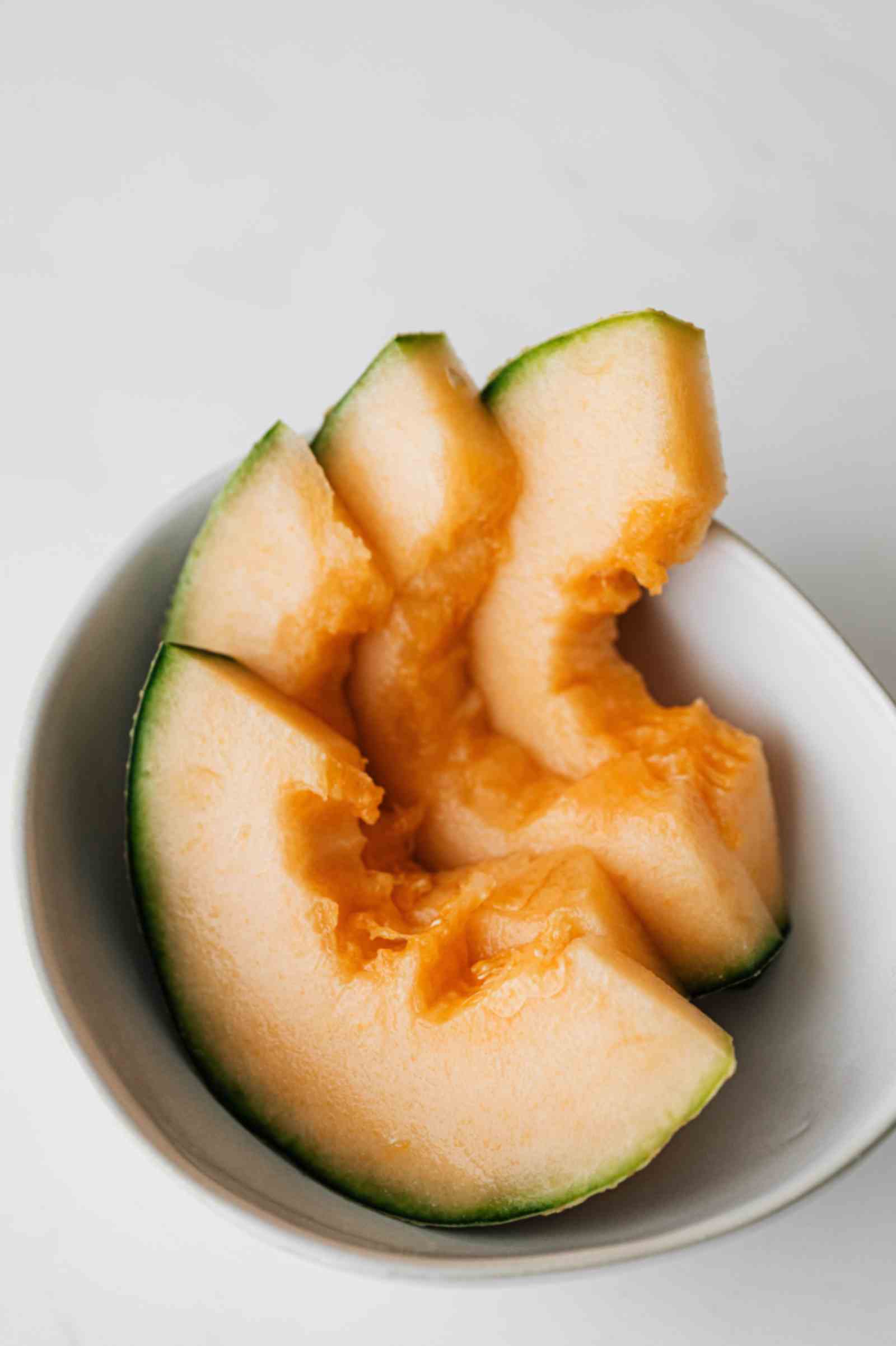Yep, there really are foods for better skin. As the largest and fastest growing organ, our skin has one of the highest demands for nutrients. Whether you suffer from acne, psoriasis or wrinkles, nutrition is critical for healthy, balanced, and glowing skin.
Genetics, our environment, and other organs in the body influence the appearance of our skin. Dating back as far as the 1930s, researchers have noted connections between the skin, digestive system, and the brain. Scientists have termed this connection as the “gut-brain-skin axis” and more recent research has validated strong associations between skin, mental health, and digestive conditions.
If you want help treating a skin condition or just want to get glowing, start by adding these good-for-you foods to support the skin-gut-brain axis. In this article, we discuss our top 5 favorite foods for better skin.
The Best Foods for Healthy Skin
Everyone can benefit from adding these key foods for better skin to your diet. If you have a skin condition like eczema, acne, or psoriasis, eat these foods as much as possible for treatment.
01 – Foods rich in vitamin A
Vitamin A, also known as retinol, is one of the most well recognized nutrients for healthy skin. Synthetic retinoids have been commonly prescribed for the treatment of several skin conditions, including acne, eczema, and psoriasis since the 1980s.
Vitamin A contributes to healthy skin by promoting skin cell growth and turnover. It helps fight acne by inhibiting oil secretion in the skin and decreasing androgen production. If you have rough, dry, scaly skin and/or small raised bumps on the back of your arms (known as hyperkeratosis pilaris), it may be a sign that you are vitamin A deficient.
Keep in mind that it’s best to get your vitamin A from food because this fat-soluble vitamin has a high risk of toxicity, especially from medications, supplements, and skincare products. The best food sources of vitamin A come from animal products, but your body can also make vitamin A from certain compounds in plants known as carotenoids. Beta-carotene is a common carotenoid found in food.
The best food sources of retinol and beta-carotene are:
- Liver and kidney
- Egg yolks
- Cod liver oil
- Grass-fed dairy
- Orange and yellow fruits and vegetables like carrots, pumpkin, apricots, cantaloupe, and sweet potatotes
- Dark leafy greens like spinach, kale and broccoli
We recommend having at least 2 cups of these vegetables per day to promote healthy and glowing skin.
02 – Foods rich in zinc
Zinc is an essential mineral that supports healthy skin by promoting wound healing, fighting inflammation, and protecting our skin against UV radiation. Studies have found that zinc may be particularly beneficial for healing acne and other skin conditions like eczema.
Zinc can be found in a variety of animal and plant foods, but is best absorbed from animal products, including:
- Organ meats – liver and kidney
- Red meat – beef and lamb
- Seafood – oysters, scallops, shellfish
Plant-based sources of zinc like nuts, seeds, and beans are bound to phytates, which decrease their absorption in the body. However, you can boost their bioavailability by soaking them in water.
03 – Fatty fish
The benefits of omega-3 fats are not just limited to heart and brain health. These nutritionally essential fats are also key nutrients for healthy skin. Omega-3 fats have been shown to reduce the risk of acne and effectively treat or improve skin conditions like atopic dermatitis and psoriasis. As a result, a diet high in omega-3s may give you smoother and younger looking skin by decreasing inflammation.
The best way to get omega-3 is through cold-water, fatty fish like:
- Sardines
- Salmon
- Mackerel
- Tuna
- Anchovies
- Black cod
- Trout
- Herring
- Sturgeon
We recommend consuming 1 pound of fatty fish per week to meet your needs for omega-3s and promote healthy skin.
04 – Foods rich in biotin
Biotin is another well-known nutrient for healthy skin. This water-soluble B-vitamin helps regulate fatty acid metabolism, which is critical for healthy skin. Biotin deficiency leads to impaired fat production which tends to manifest in the skin first. Some common signs of biotin deficiency include hair loss and scaly, red, and inflamed skin around the mouth and other areas of the face and scalp. Biotin deficiency can also be a cause of dandruff for some people.
The best food sources of biotin are:
- Egg yolks
- Liver
- Swiss chard
- Romain lettuce
- Almonds
- Walnuts
05 – Fermented foods
As we mentioned earlier, gut health has a strong influence on our skin through the skin-gut axis. Probiotics benefit skin health through a number of different mechanisms, including balancing the gut microbiome and decreasing inflammation and oxidative stress.
The best food sources of probiotics are through fermented foods like:
- Sauerkraut
- Kimchi
- Yogurt and kefir (grass-fed dairy or non-dairy products)
Work With a Culina Health Dietitian
Looking for advice that’s specific to your health and nutrition needs? Book a session with one of our registered dietitians.






